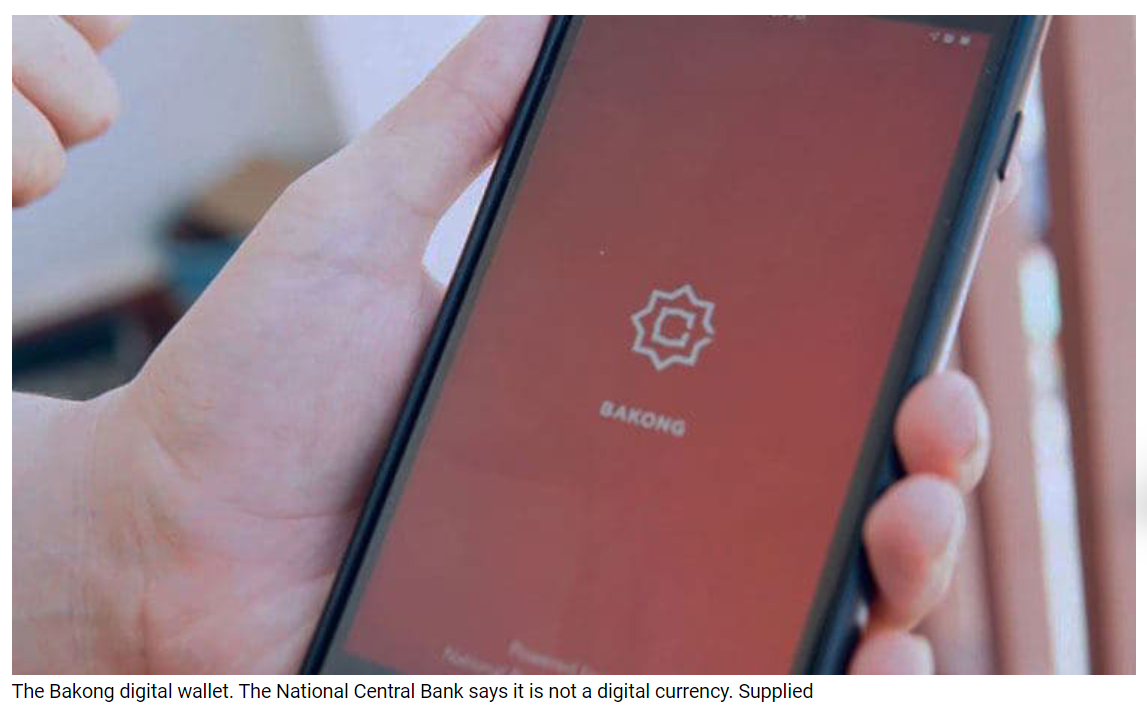Cambodia: Digital currencies would cut bank fees, commissions, warns top investor service
Cambodia may be wise to avoid a central bank digital currency (CBDC) because it may reduce revenue. Moody’s Investors Service says widespread adoption of CBDCs would be credit-negative for banks because of lower fees and commissions, especially for lenders that are active in foreign currency payments, clearing and remittances.
Figures from consultancy McKinsey show that banks generated about $230 billion in revenue from cross-border transactions in 2019.
“Banks in Asia-Pacific made up about $100 billion of this amount, the largest share globally, with most revenue coming from commercial transactions such as bank-to-bank,” Moody’s said.
“According to McKinsey, banks globally generated about $60 billion in revenue in consumer business in 2019 for cross-border transactions such as remittances, where the banks charge hefty fees. Banks on average charge 6.4 percent on outward remittances, based on World Bank data, with Nigerian, South African and Thai banks charging some of the highest fees globally. These fees will be reduced with the wider adoption of CBDCs,” the world’s biggest credit ratings company said.
The Bank of International Settlements (BIS) started testing CBDCs for cross-border settlements this month, together with the central banks of Singapore, Malaysia, Australia and South Africa. Earlier in the year the central banks of Singapore and France successfully tested dual-CBDC cross-border transactions.
The BIS/central bank’s project, called Project Dunbar, aims to build a platform allowing settlement in multiple CBDCs. The banks want to speed cross-border payments and settlements between financial institutions, cut costs and improve security.
“It is uncertain if the platform prototypes developed under the Dunbar project will be adopted by other central banks. However, the BIS expects that the results of this project will guide the development of global and regional platforms for more efficient cross-border payments,” Moody’s said.
The National Bank of Cambodia (NBC) has adopted the Bakong digital wallet and wants to expand cross-border remittances after reaching agreement with Maybank to allow Cambodian domestic helpers working in Malaysia to send money home quickly and cheaply. NBC director-general Chea Serey has been keen to stress that Bakong is not a digital currency. However, in April PricewaterhouseCoopers ranked it first in Asia and second globally in its inaugural CBDC Global Index.
Source: https://www.khmertimeskh.com/50934039/digital-currencies-would-cut-bank-fees-commissions-warns-top-investor-service/


 Thailand
Thailand




